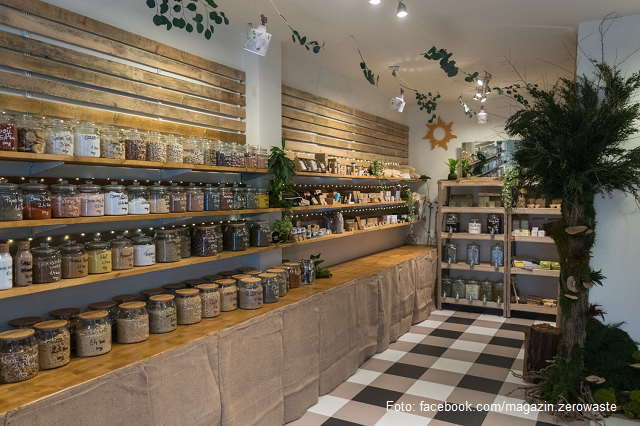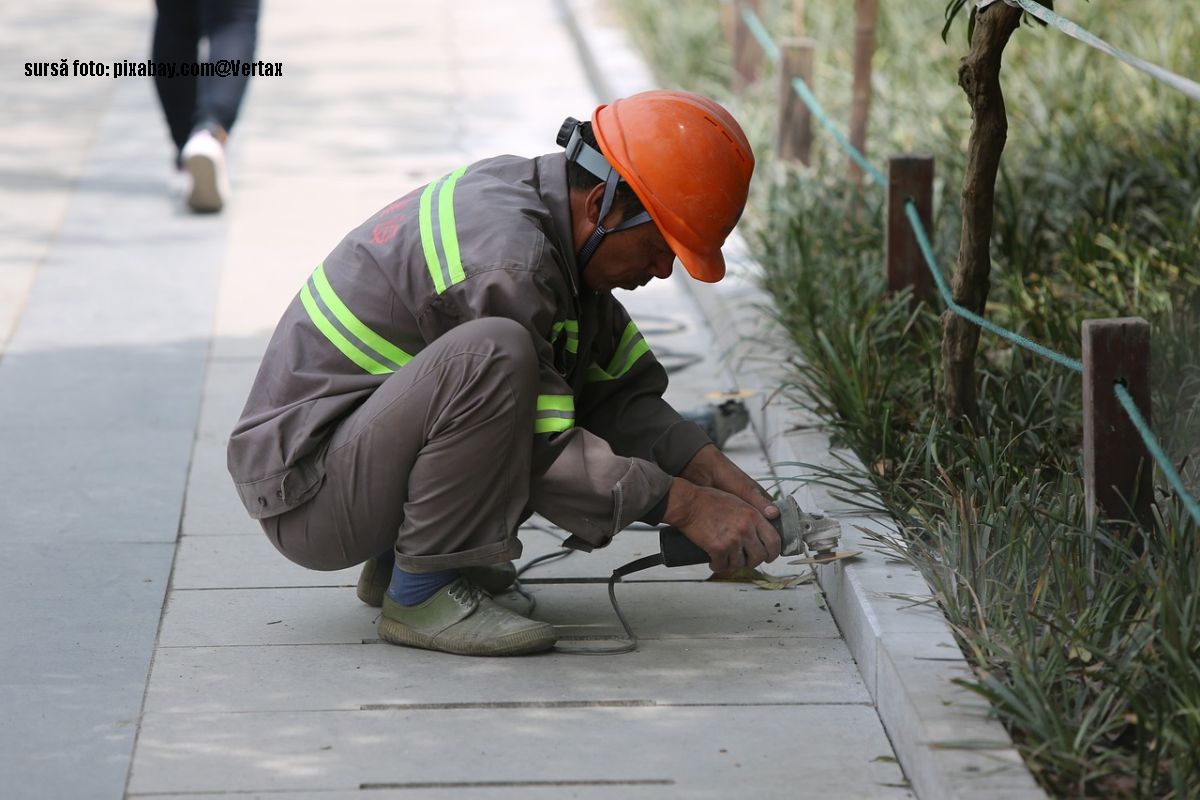A ‘zero-waste’ business in Bucharest
The first bio-zero-waste store was inaugurated in Bucharest in 2020

România Internațional, 19.01.2022, 18:22
In full pandemic year 2020, when the changes on our regular lifestyle, initially forced from the outside, started reflecting on the inside as well, the first bio store was inaugurated in Romania, a place free of any plastic or chemicals. The store was opened by Ana Maria Raducanu, based on the “zero waste” concept. After living abroad for a while, she wanted to have a sustainable way of living in Bucharest too. Ana Maria Raducanu:
“In 2018 I came back to Romania after living in eco-villages abroad for several years, in international green communities that had organized their entire lives on a sustainable way of living and in full respect for nature. When I came back here, I felt the big difference from that style and I saw that it was impossible for me to buy things without generating large amounts of plastic and waste. It was very difficult for me to adapt, knowing that there were alternatives. So, in October 2018 I decided to open this store, starting from my own, personal need. It still is the only store in Bucharest that provides shopping solutions that entail no plastic and very little waste.
Ana Maria Raducanu told us how fast Bucharesters got used to this concept and what it entails:
“The zero waste store is the place where one can buy things while eliminating single use plastic. It is also the place where circular economy is encouraged. Instead of buying products in single use plastic packaging, here you come with your own containers. For instance, people come with their own jars or cotton shopping bags and buy what they need. The products are wholesale or come in reusable packaging, such as the jars that are sent back to the producer to refill them. Or if there is packaging, its compostable. So we get the organic matter and turn it into compost. Nothing that leaves our store gets to a dumping ground.
Although concepts such as sustainable and green living have been gaining ground in Romania, and more and more people choose to eat healthier food and to give up plastic, the field is still a niche in this country. So, who are Ana Maria Raducanu’s customers:
“The first to come to our store were those who had been long waiting for something like this. The moment they entered our place, I could see them feeling relieved, relaxing, and they actually told me that it was so good to have a place where nobody would look at them as if they were freaks. So, it was that small group of people who had already chosen to live like that, and did not have a proper place to buy from as they wanted to. Then, of course, there are the curious, those who come here to try and understand this concept. Since we opened the store, the number of buyers has been constant. We have that core group plus the new comers. Many of them have said that they knew about the place, but just didn’t find the opportunity to come. I believe that there are many more like us, but just we don’t know about them and they don’t know about us. We also need a space like this to work as a sort of hub. The moments when several people come to the store and they discover they have common interests and think of common projects are just magical.
The store represents a niche segment in Bucharest, so the prices are a bit higher than normal. In fact, the cost of sustainable living is one of the reasons why bio products are not among most buyers’ preferences. But to Ana Maria Raducanu and those who share the zero-waste philosophy the long term costs of today’s waste can be higher. Here is Ana Maria Raducanu again:
“The costs of these products are closer to the real costs. A supermarket product that is part of a massive supply chain can have a lower price. We cannot afford to buy 5 tons of chickpeas in order to ensure competitive prices. But it would be interesting to analyze why these products can get this cheap, which is a real price and who actually pays for them. Today we have this very cheap consumer economy because the real cost is to be borne by the next generations. I’m referring to the environmental cost that is not included in the products that we now buy very cheap, but the bill will have to be covered by the coming generations, which will have very little resources and lots of polluted air and water. It will be extremely difficult for them to grow a garden and that is I believe, the real price, that our children and grandchildren will have to pay.
In the zero-waste store in Bucharest people can by basic foodstuffs, such as flour or rice, herbs, oils, various types of tea or sweets with less sugar, which are brought in bulks. Also available are bio cosmetics and other hygiene and cleaning products, with a lesser or even zero polluting content. (MI)






























